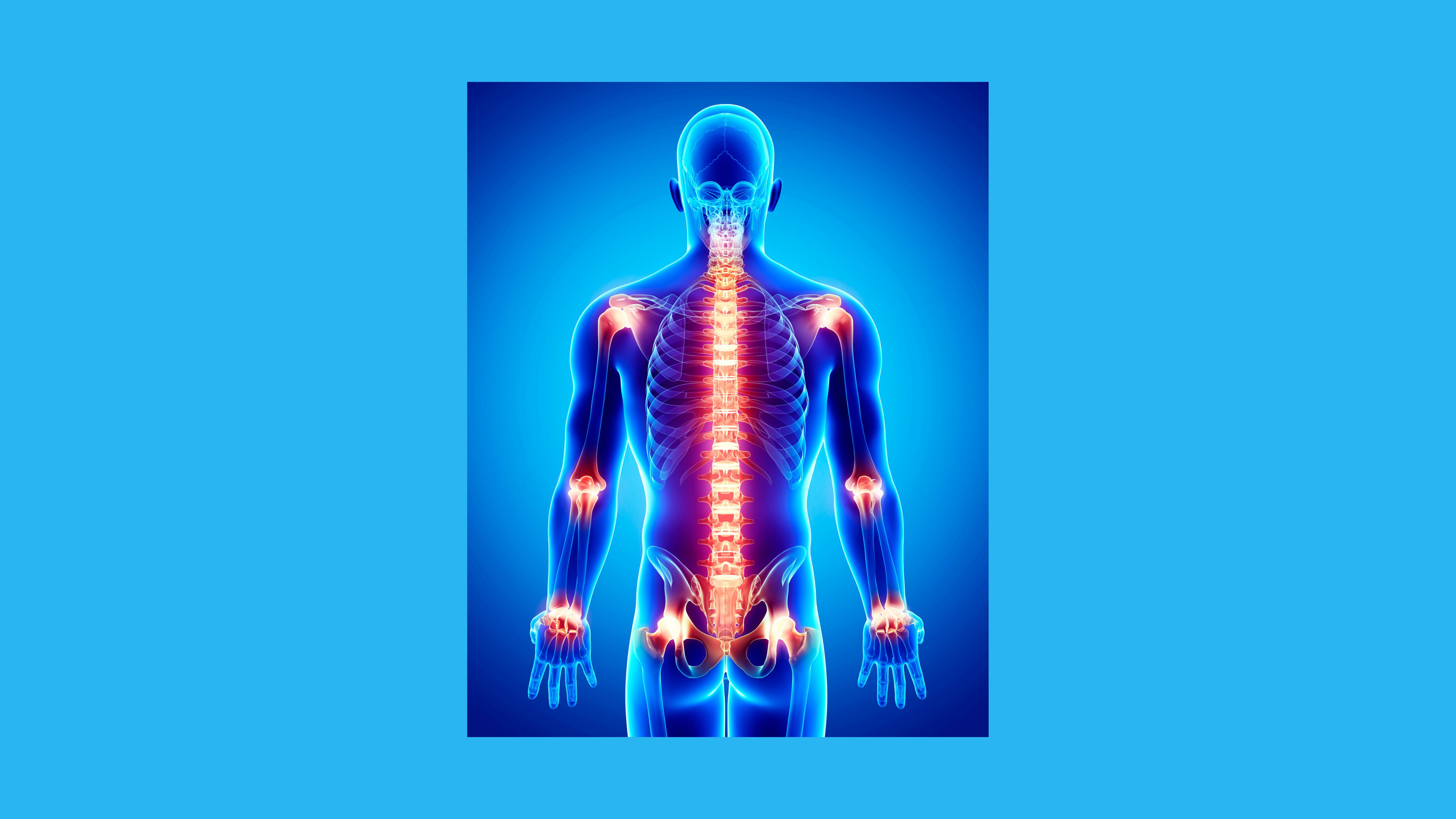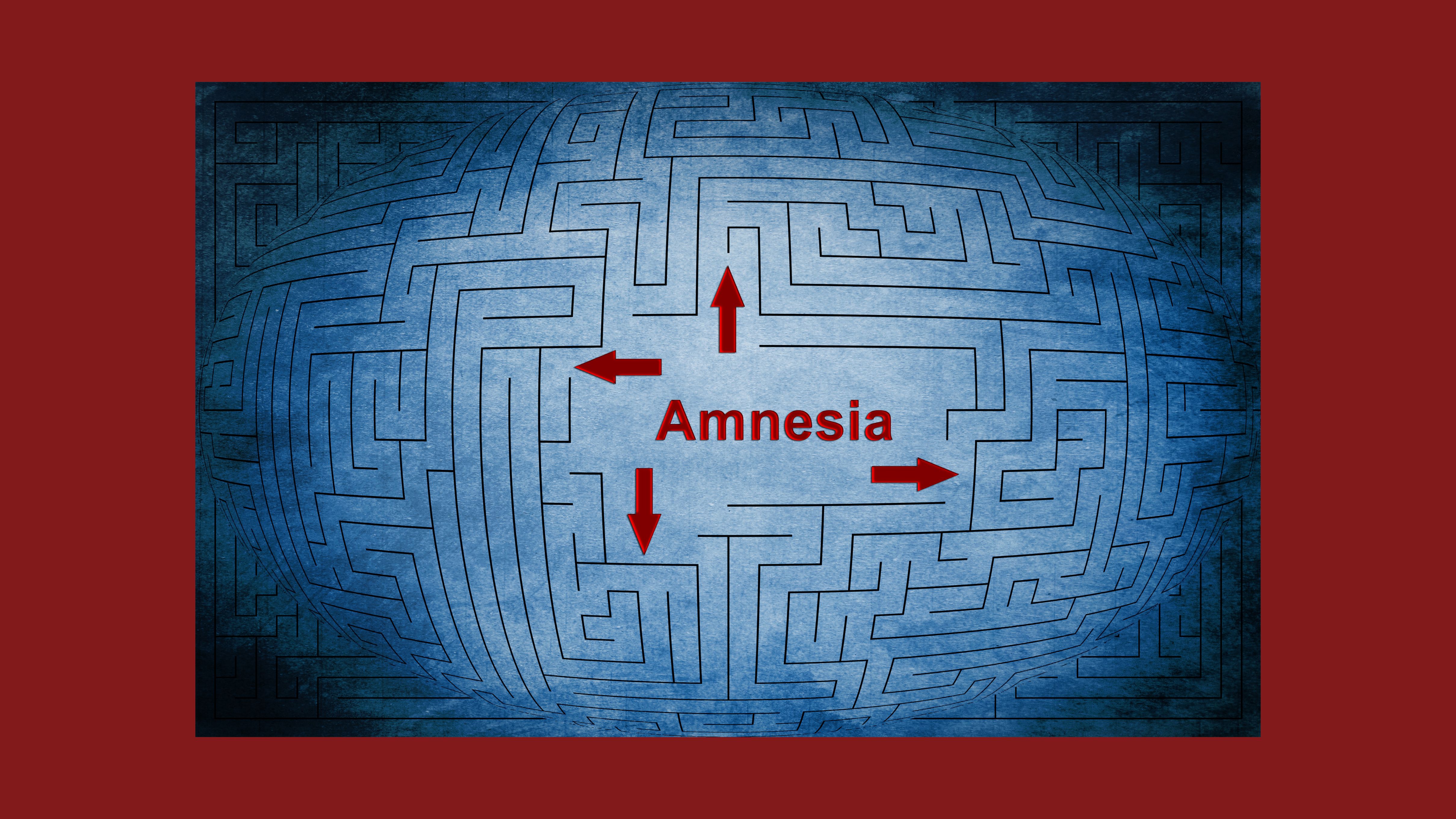The Silent Epidemic: How Prolonged Sitting Affects Your Body and Brain
Apr 30, 2025
We've all experienced it—that uncomfortable feeling after sitting too long at a conference, in front of a computer, or during a long drive. Your body starts shifting side to side, stretching, bending, sending you signals that something isn't right. Yet most of us ignore these warnings and continue sitting, creating what health experts now call "sitting disease." As a movement specialist, I've seen firsthand how our sedentary lifestyle is creating a silent epidemic of health problems that many people don't recognize until the damage is significant.

What happens when we sit too long? First, our body undergoes physical compression from head to toe. It starts with rounded shoulders and a hunched back, gradually compressing your entire spine down to your tailbone. Your body initially fights this posture—encouraging you to sit up straight—but eventually gives up and accepts the poor alignment as your new normal. This constant compression, repeated day after day, year after year, creates lasting damage to your musculoskeletal system. Your muscles adapt to this unnatural position, becoming tight in some areas and weak in others, setting the stage for chronic pain and movement limitations that many mistakenly attribute simply to "getting older."

But the damage goes beyond just physical discomfort. There's a fascinating connection between your bottom and your brain—what one supervisor aptly called "sitting makes you stupid." Have you ever worked on an email for an extended period, thinking it was perfect, only to get up for a quick break and return to find numerous typos? This isn't coincidence—it's evidence of how sitting numbs not just your bottom but your cognitive function as well. Movement acts as a reset button for your brain, improving focus, creativity, and attention. The military understood this connection years ago, implementing mandatory movement breaks every 50 minutes during long training sessions or briefings—a practice that modern research now strongly supports.

Perhaps one of the most alarming consequences of prolonged sitting is what medical professionals call "gluteal amnesia" or more colloquially, "dead butt syndrome." This condition occurs when your glute muscles essentially forget how to activate properly due to extended periods of disuse while sitting. Since your glutes help support your back and are essential for basic movements like standing, walking, and climbing stairs, this dysfunction creates a cascade of compensation patterns throughout your body. The result is poor posture, back pain, and difficulty with movements that should be natural and effortless. Add to this the well-documented risks of obesity, heart disease, diabetes, and repetitive stress injuries, and it becomes clear why some health experts now consider sitting to be potentially more harmful than smoking—it affects virtually every system in your body.

The good news is that the solution is simple, though it requires mindfulness and consistency. Setting a timer for 50-minute work intervals followed by movement breaks can transform your productivity and health. These breaks don't need to be elaborate—simple stretching, walking down the hallway, or even dancing to a favorite song for a few minutes can reset your body and brain. The key is making movement a non-negotiable part of your day, not something you'll get to "when you have time." By strengthening your body through regular exercise, you'll also become more attuned to its signals, making it harder to ignore the warnings when you've been sitting too long.

As someone dedicated to helping people feel good in their bodies, I believe everyone deserves to move with comfort and confidence. The challenge is that many of us have felt bad for so long that we've normalized discomfort and limitation. We attribute joint pain, stiffness, and fatigue to inevitable aging rather than recognizing these as symptoms of a reversible condition—our sedentary lifestyle. Your body was designed to move, and it communicates this need clearly when you listen. The choice is simple: start incorporating more movement into your day now, or face the compounding health consequences later. Remember, doing something—even just 11 minutes of focused movement—is infinitely better than doing nothing at all.

Stay connected with news and updates!
Join our mailing list to receive the latest news and updates from our team.
Don't worry, your information will not be shared.
We hate SPAM. We will never sell your information, for any reason.

